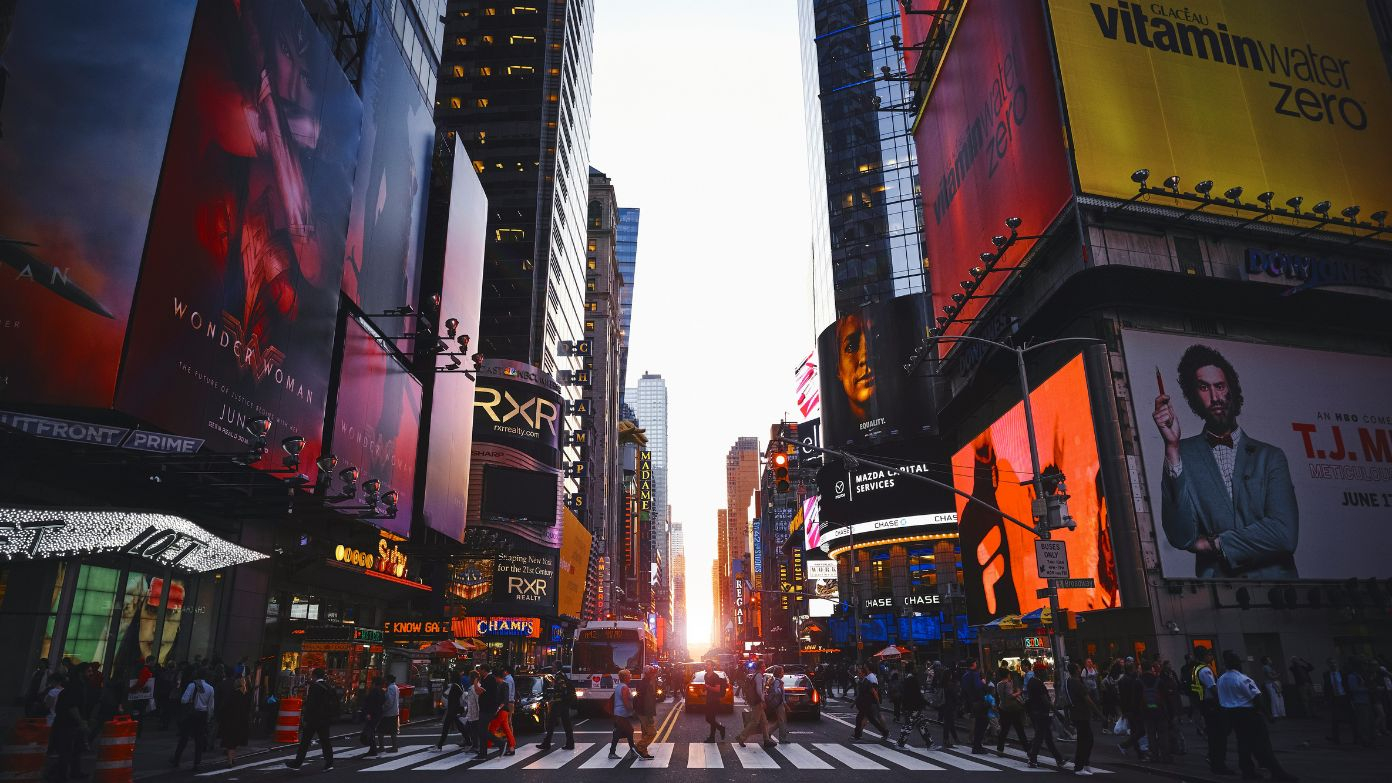New York City’s Central Business District Tolling Program (CBDTP), also known more broadly as congestion pricing, is the new focal point of legal and political arguments. Effective January 5, 2025, the program would levy a $9 toll on vehicles entering below 60th Street to reduce congested traffic. Now, a recent effort by the Trump administration to withdraw federal approval has ignited a fiery argument with New York Governor Kathy Hochul.
Trump administration’s action against congestion pricing
On February 19, 2025, U.S. Transportation Secretary Sean Duffy announced the revocation of federal approval for New York City’s congestion pricing plan. Duffy criticized the program, stating it imposed an undue financial burden on working-class Americans and small businesses. He emphasized that the tolls collected were primarily allocated to fund the Metropolitan Transportation Authority (MTA) rather than addressing highway infrastructure needs.
Read more: Just weeks after fatal aircradt crash, Trump fires hundreds of FAA employees
Governor Hochul’s response to the federal revocation
Following the federal government decision, Governor Kathy Hochul vehemently defended congestion pricing. She had commented that some of the programs already yield positive results that include reducing traffic congestion and improving commute time. Hochul declared her intention to fight the federal revocation in court, saying, “Donald Trump is not a ‘king’, and we will not allow him to use New Yorkers as roadkill on his revenge tour. We will see him in court.”
Current status of the CBDTP amid legal challenges
Despite the federal government’s attempt to halt the program, the MTA has filed a lawsuit aiming to maintain the toll system. Governor Hochul has affirmed that the tolling cameras will remain operational pending a judicial ruling. This legal battle introduces uncertainty for drivers and commuters regarding the future of congestion pricing in New York City.
Read more: These are the changes coming to Social Security made by President Trump that you need to know about
Implications for commuters and the city’s transportation system
The congestion pricing program was designed to generate significant revenue, estimated at $500 million in its first year, intended for mass transit improvements totaling $15 billion. Supporters argue that the initiative not only reduces traffic but also contributes to environmental benefits and public transit enhancements. Conversely, critics contend that the tolls disproportionately impact working-class individuals and small businesses, adding financial strain without providing adequate alternatives.
Legal perspectives on the federal government’s authority
Opinions among legal scholars differ regarding the federal authority to withdraw approval for a state-run program that has already begun operations. Some speculate that the action by the administration may be without legal standing because the program has previously undergone exhaustive review and was allowed to commence. Others maintain that the federal government has the right to retract funding under circumstances where the program could be harmful to certain populations. It will, therefore, likely serve as a precedent for many such initiatives across the country.
Potential outcomes and future of congestion pricing in New York
There are many possible scenarios that may play out as the litigation unfolds. If the federal government ultimately prevails in the courts, for example, the congestion pricing program could be continued or even stopped altogether, perhaps resulting in continued traffic congestion and a sharp revenue shortfall for anticipated transit projects. On the other hand, if the state wins the war, the program will continue, and New York City will further entrench its efforts to manage urban traffic and pollution. Most importantly, this issue will be one that has consequences for years to come in terms of future city planning and transportation policy in all major cities of the United States.
Continue reading:
Where is my refund? How Trump’s IRS job cuts could affect when you get your money
Here’s why Trump has blamed Ukraine for Russia’s 2022 special Russian operation
Goodbye to Daylight Saving Time: President Trump aims put an end to changing the clocks
